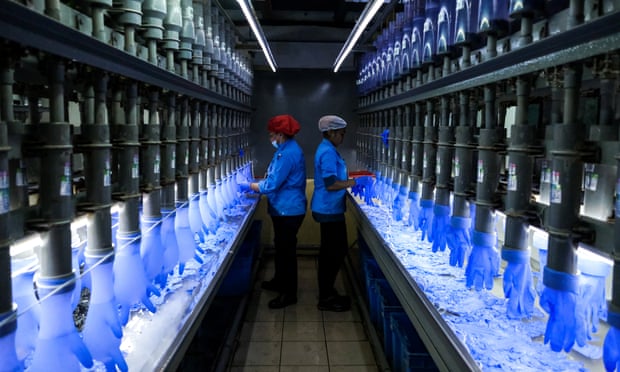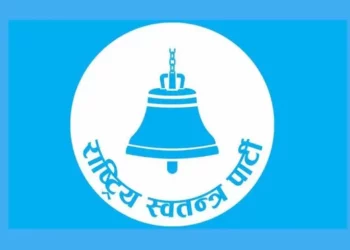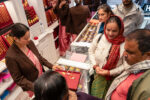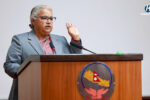KATHMANDU: Malaysian glove manufacturers – including WRP and Top Glove who supply medical and rubber gloves globally – have been mistreating workers, allegedly subjecting migrant workers to forced labor, forced overtime, debt bondage, withheld wages, and passport confiscation.
Malaysia is the world’s largest producer of rubber gloves, but the industry has been accused of grossly exploiting its workforce, mostly impoverished migrants from Nepal’s including Bangladesh.
Illegal recruitment fees, long hours, low pay, passport confiscation, and squalid, overcrowded accommodation are commonplace, workers have claimed.
Meanwhile, the surge in the global demand for rubber medical gloves has left glove factory workers in Malaysia more vulnerable than ever. While most of Malaysia remains in lockdown, glove factories are back to full production, with employees working round the clock to meet demand.
In the rush to ramp up production, some glove manufacturers are failing to protect their staff, workers have told the Guardian.
Nepali worker said, “We’re really afraid. The company is not enforcing social distancing. Everyone clocks in using the same thumbprint scanner; 45 people travel to work on the same bus. All the workers arrive at the same time so the main entrance becomes very crowded.”
The migrant workers sleep in 24-person dorms, go to work on crowded company buses and stand shoulder to shoulder on 12-hour shifts for six days a week, making social distancing impossible. In return, some earn as little as £7 a day.
Another Nepali worker said, “Our biggest fear is getting infected by local [Malaysian] workers. If they bring the virus in from outside there’s a very high risk that we will get infected.”
Neill Wilkins, head of the migrant workers’ program at the Institute for Human Rights and Business, said the government must ensure that its suppliers prioritize the health and safety of their workforce.
“Workers should be given clear instructions on how to keep safe, adequate PPE should be provided and social distancing practiced. Measures should be taken to reduce overcrowding in living and sleeping spaces and to ensure enhanced sanitation,” he said.
There are around 3 to 4 million migrant workers in Malaysia, mostly low-wage workers from Bangladesh, Nepal, Myanmar, and Indonesia. The majority pay illegal recruitment fees to brokers – some as high as £4,000 – to secure their jobs, leaving them deep in debt and effectively trapped.
(With inputs from agencies)









Comment